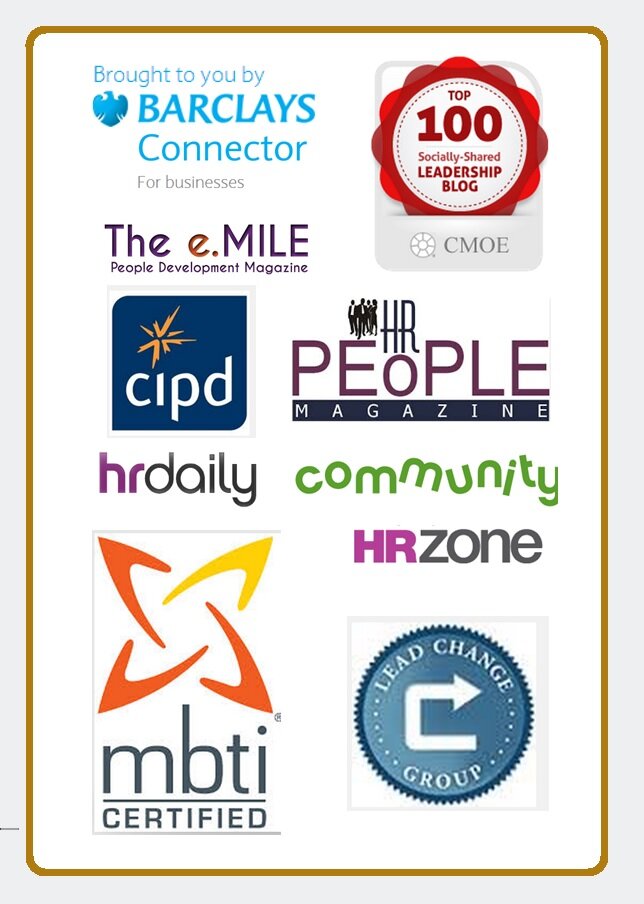A Management role is a multi-talented one!
 I have read so many negative reports about management over the last few months that I felt I had to stand up and hurl in a different perspective. In the past few months, I’ve read quotes such as:
I have read so many negative reports about management over the last few months that I felt I had to stand up and hurl in a different perspective. In the past few months, I’ve read quotes such as:
- “three quarters of employers report a lack of leadership and management skills and too many managers have an inflated opinion of their ability to manage people”
- “More than six out of ten people employed in customer facing sales and service roles say that their managers’ behaviour towards them [Negatively] affects the level of customer service they deliver.”
- “Poor people management is at the root of much of the evil in our economy”
- “Estimated cost of poor management in the UK is £19 Billion a year!”
What on earth is going on? If I were still a manager I think I’d be feeling pretty battered by now. So ok we have a problem Houston. But what is the real problem?
For me, problem number one, is that although we all know the difference between leadership and management (Don’t we?) We employ managers and complain they don’t lead and then we define leadership with models which talk about competencies such as leading from the front, vision and courage and integrity… to name but a few. Attributes most managers can’t actually use because they have to deliver an already created and articulated vision, where the trail has already been blazed, and the values already decided.
We want managers to be people managers, but actually none of our outcomes or targets or values is about our people, so where do we expect them to focus? Ok, so I’m stretching a point, or two, but I do think that those points illustrate that at times, just sometimes, managers can’t win.
I’m not going to get into the leadership debate in this blog; I’ll save that for another day. Today, I am going to concentrate on the sometimes thankless task of being a manager and why I think our good managers need a big and hearty pat on the back.
And just a final observation about the bad press managers get. With all the “poor” managers out there, I just have three questions. Who is recruiting them? Who is managing them? And who is letting poor managers get away with it to the extent that they have such a “negative” impact? Well, someone is!
There was an advert a few years ago that featured a mother wearing different hats. When her little girl cut her knee, she had the nurse cap on. When she was helping her son with his homework, she donned the mortarboard, and finally when cooking dinner she wore her chef’s hat. (I know, I’m probably showing my age) Well for me, managers are like mothers, to the extent that they have many roles and have to wear many hats.
In most organisations, managers are multi-faceted. They have to manage their people, their budget, their results locally and globally, the environment they work in, change management, training needs, absence, performance, initiatives, projects, the business plan, the people plan, stakeholders, partners, customers, reward, reviews, income, communications, processes, media, social responsibility, diversity,…….oh and of course the work. Need I go on?
I know that there are some great qualifications for managers and also managers pay is probably not too bad. But what I do think is that managers are not given the actual credit for the demanding, time-consuming, multi-talented role they have to play in an organisations’ success. It may have simply slipped my attention, but I have honestly never heard an organisation come out and say things like “we owe our success to our multi-talented managers” Or “the real backbone of the organisation is held together by our highly skilled managers” High profile leaders tend to get the credit for great successes.
So how do we go about changing the image of our managers, and giving those good ones the credit that they are due? Well here are my thoughts:
- Be clear about the limit of the leadership role the manager. If a manager is an executor of an organisational vision, then specify that they have to have a team vision, which derives from the main vision. They don’t have to be able to change the world.
- At recruitment stage, be clear about why you need the manager. If their prime focus is people management, then make sure they have people management skills. If you want a people manager and the successful candidate has written a great thesis on your range of products and the best way to sell them, then you are on the wrong tack.
- Develop potential within the organisation, with brilliant role models and clear demonstrations of the skills, behaviours and standards expected.
- If your organisation only has aims and targets based on product or service, then that’s where your managers will place their attention. If you want them to manage your people, then set targets about your people.
- Make sure management is clear about the expectations of them. More importantly be clear you know what you expect of them. If you shift the goalposts, involve them in the decision.
- If you employ specialists or professionals, value your managers as much as, if not more than your specialist or professional contribution. (Yes really)
- Give your manager’s credit for the difficult and dedicated job they do. Their jobs are highly skilled professional roles, and you should acknowledge that.
In life there are people who work well and people who don’t do so well, and this is reflected at all roles in an organisation, there are poor CEO’s, all the way down the hierarchal chain to poor Administrators; as well as poor managers.
I believe that the reason for the focus on underperforming management is because they are such a pivotal and impactful force in an organisation. So let’s raise the standards of our managers and have better businesses, but also give credit when managers are doing a great job and value them.
I hope you enjoyed my small but heartfelt accolade to the manager. What do you think? Do you agree? Why do you think management are getting such a poor press? I’d love to have your views.
This great article is from the our 6 months themed series based on the Centre for Creative Leaderships Report of 2013, in which they identified the 6 top challenges for leaders across the globe: Don't Miss Out! Sign up here to be notified of subsequent issues and posts

If you are a leader, you are continually developing and "Sharpening the Saw". If you lead and manage teams, then you must read about our Inspirational New Leadership Programme. Sign up now to find out more details when we launch in July 2014. There is no obligation to undertake the programme, if you sign up today, you will simply be sent more information about the programme. You can unsubscribe at any time! Click below to register for further information.







 Everyone has this power, some of us just don’t realise it.
Everyone has this power, some of us just don’t realise it. Authentic Leadership skills include learning from relationships.
Authentic Leadership skills include learning from relationships.


